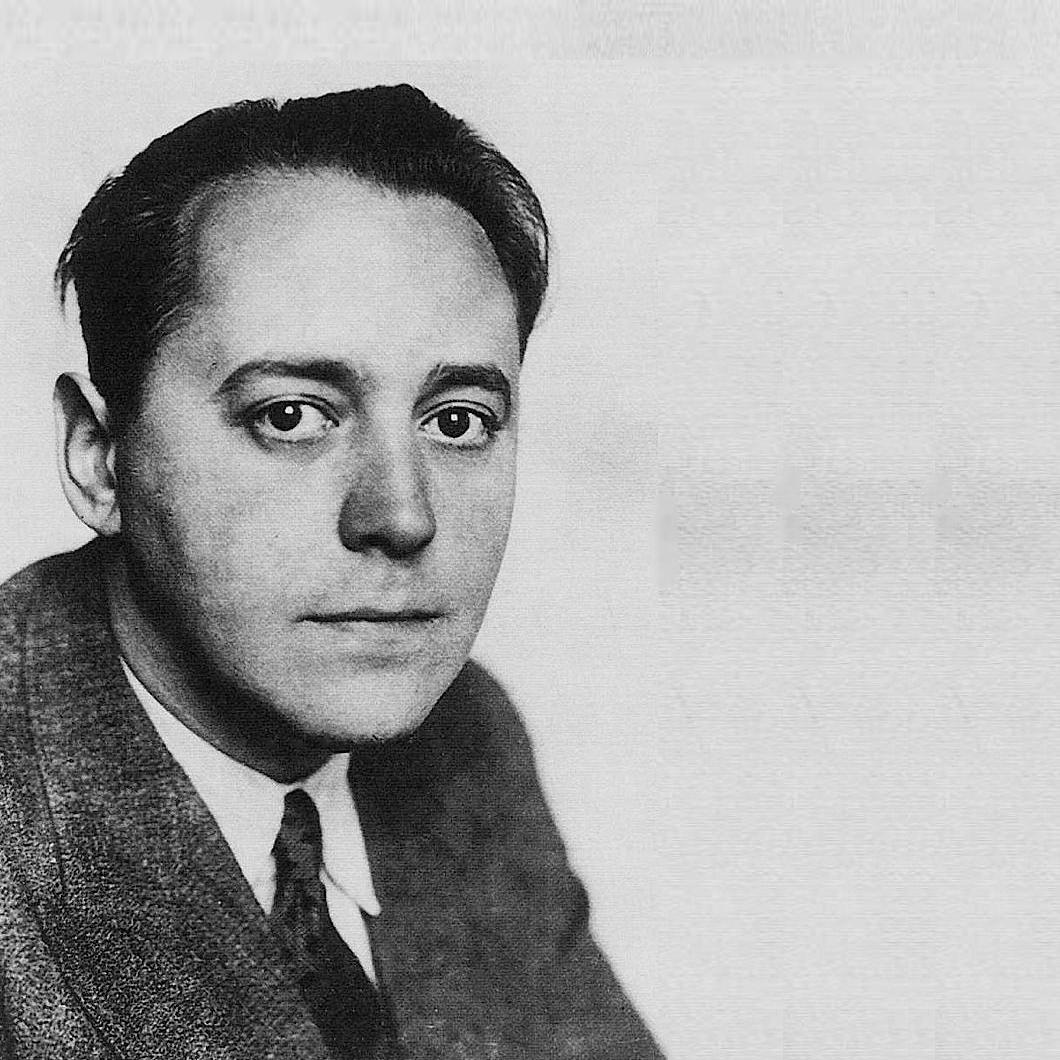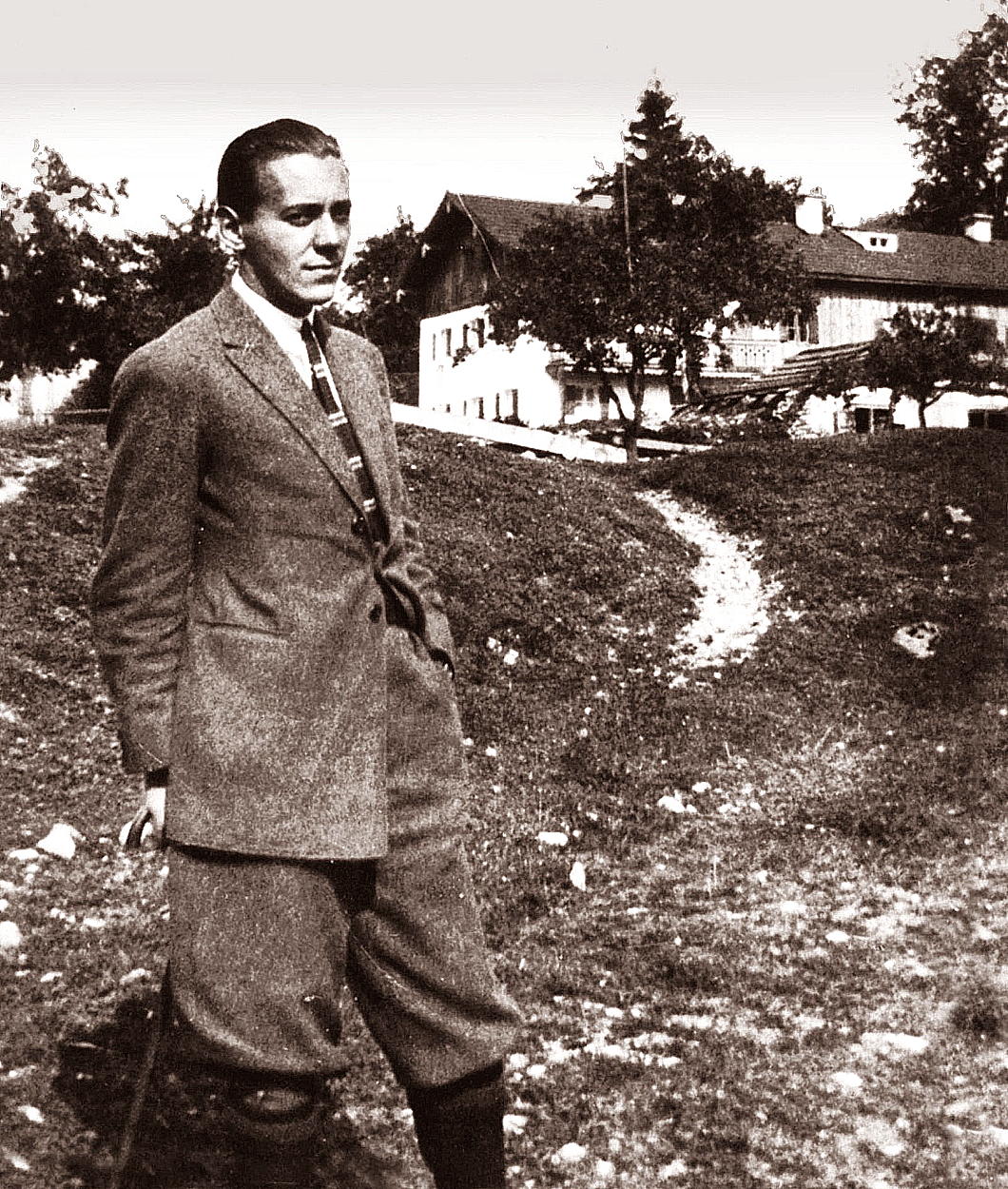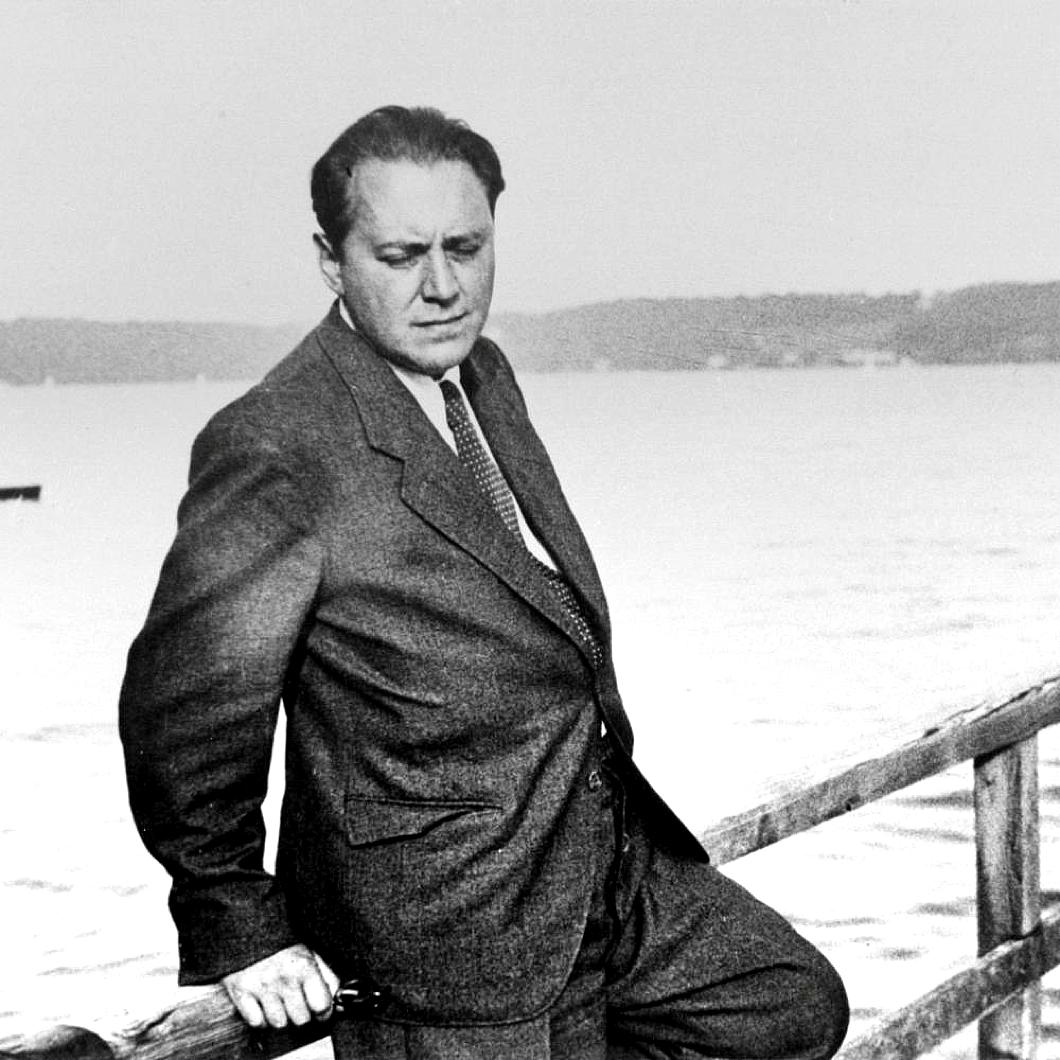
About Andrew Cusack
 Writer, web designer, etc.; born in New York; educated in Argentina, Scotland, and South Africa; now based in London.
Writer, web designer, etc.; born in New York; educated in Argentina, Scotland, and South Africa; now based in London. read more
News
Blogs
Reviews & Periodicals
Arts & Design
World
France
Mitteleuropa
Knickerbockers
Argentina
The Levant
Africa
Cape of Good Hope
Netherlands
Scandinavia
Québec
India
Muscovy
Germany
Academica

Ödön von Horváth
When the shop purveying diacritical marks opened one morning in Vienna, in my mind the writer Ödön von Horváth turned up and said “Thanks. I’ll have the lot.”
It wasn’t even his real name, of course — which was Edmund Josef von Horváth. A child of the twentieth century, von Horváth was born in Fiume/Rijeka in 1901. His father was a Hungarian from Slavonia (in today’s Croatia) who entered the imperial diplomatic service of Austria-Hungary and was ennobled, earning his “von”.
“If you ask me what is my native land,” von Horváth said, “I answer: I was born in Fiume, grew up in Belgrade, Budapest, Preßburg, Vienna, and Munich, and I have a Hungarian passport.”
“But homeland? I know it not. I’m a typical Austro-Hungarian mixture: at once Magyar, Croatian, German, and Czech; my name is Hungarian, my mother tongue is German.”
From 1908 his primary education was in Budapest in the Hungarian language, until 1913 when he switched to instruction in German at schools in Preßburg (Bratislava) and Vienna.
Von Horváth went off to Munich for university studies — where he began writing in earnest — but quit midway through and moved to Berlin.
He once told his friends the story of when he was climbing in the Alps and stumbled upon the remains of a man long dead but with his knapsack intact.
Intrigued, he opened the knapsack and found an unsent postcard upon which the deceased had written “Having a wonderful time”.
“What did you do with it?” his friends naturally inquired. “I posted it!” was von Horváth’s reply.

In 1931 he was awarded the Kleist Prize for literature, but two years later the National Socialists took the helm and von Horváth thought it best to move across the border to his old imperial capital of Vienna.
Despite his anti-nationalism, he did initially join the guild for German writers set up by the Nazis, possibly to keep his works in print in the Reich while he was living in still-independent Austria.
It was in Vienna he published his best-known work: Jugend ohne Gott — “Youth without God” (first translated into English as The Age of the Fish), which marked his public point-of-no-return break with the Hitlerites.
The novel depicts a jaded schoolteacher increasingly disconnected from his profession and the world around him as the ideology of National Socialism begins to take root in the education system. (Bizarrely, it was also scantly used as the basis for a 2017 dystopian thriller.)
When Hitler’s troops marched into Austria the following year, von Horváth fled to Paris.
“I am not so afraid of the Nazis,” he told a friend there one day. “There are worse things one can be afraid of, namely things you are afraid of without knowing why. For instance, I am afraid of streets. Roads can be hostile to you, can destroy you. Streets frighten me.”
Days later, in the middle of a thunderstorm, von Horváth was walking down the Champs-Élysées — the most famous street in Paris — when a flash of lightning struck a tree, felled a branch, and struck the writer dead. He had been on his way to the cinema to see Walt Disney’s ‘Snow White and the Seven Dwarfs’.
Years ago someone recommended The Eternal Philistine: An Edifying Novel in Three Parts to me, but I have to admit I haven’t yet read it, or much else of von Horváth’s work. (He’s on my fiction wish-list though.)
His plays have been revived, too — here in London at the Almeida and the Southwark Playhouse in the past decade or so — and both The Eternal Philistine and Youth Without God are available in English from the estimable Neversink Library imprint of Melville House.

Search
Instagram: @andcusack
Click here for my Instagram photos.Most Recent Posts
- Teutonic Takeover March 10, 2025
- Katalin Bánffy-Jelen, R.I.P. March 3, 2025
- Substack Cusackiensis March 3, 2025
- In the Courts of the Lord February 13, 2025
- American Exuberant February 10, 2025
Most Recent Comments
Book Wishlist
Monthly Archives
Categories


